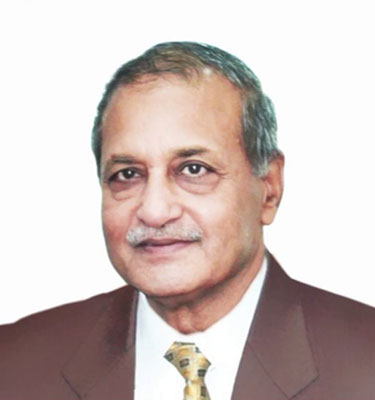
Former Chairman, Union Public Service Commission. Chairman, MIT-SICS Advisory Board
One of the basic elements of our governance architecture is the Civil Service which forms the permanent structure and backbone of administration. In India, Civil Services are held in the highest social esteem. Much of it originates from the fact that the founding fathers of our constitution have envisioned the recruitment of public servants not by the governments but by an independent body, solely on the basis of merit through open competition only. For this they created “Union / State Public Service Commissions” as Constitutional bodies with requisite freedom and safeguards to enable them to deliver services without bias, fear and favour and in a most transparent way. The values of independence, impartiality and integrity are the basic determinants of the constitutional conception of Union / State Public Service Commissions.
It is imperative that the structures of Civil Servants align themselves with the rising aspirations of the people and creatively act upon them so as to deliver the greatest good in a socially just, equitable and unbiased manner. Civil Servants must be able to participate effectively in the processes of governance in a manner that focuses on outcomes rather than merely on outputs. The aim should be to evolve new and imaginative solutions for the problems facing the country. The old ways of excessive caution, reliance on past precedents or treading the beaten paths should give way to innovation and out-of-box thinking to address the challenges.
Ethics and concern for equity are central to the concept of good governance in a democracy. Moral conduct must be a way of life. People expect the Civil Servants to facilitate growth and development. It is understood that the success of Civil Servants depends on the integrity, efficiency and honesty of purpose of those persons who are part of it.
India has a predominantly young population. Youth is the age of idealism, a stage in life that is marked by optimism, vitality and vigor. The youngsters of today are better educated and naturally have aspirations for a better future for them. Explosion of knowledge is taking place at a very fast rate in the wake of rapid advances in the scientific and technological world. Our syllabi of various examinations should be in tune with the latest trends in the educational field and for this we have to update these on a regular basis to attract the best talents.
Training is a critical component for inculcating skills and values and helping to change entrenched mindsets. Training is necessary for keeping up-to-date and enhancing professional knowledge and skills needed for better performance of both individuals and getting success in competitive examinations.
It is indeed an honour and privilege to me to associate with MIT Art, Design & Technology University’s established “MIT School of Indian Civil Services” which includes such type of training. The very basic objective of this School is to make available the opportunity to start the study of UPSC & State PSC’s during the Undergraduate & Post Graduate Programme, so as not to waste the time after graduation for the preparation. It saves the energetic years of the youth and aspirants of Civil Services Examinations appearing for the exams with the comprehensive study.
The Course Curriculum of BA & MA (Administration) Programme is so designed to meet the needs of the present syllabus structure of UPSC & State PSCs. It includes not only academic curriculum but also skill enhancement courses and on-field problem-solving skill courses like office internship.